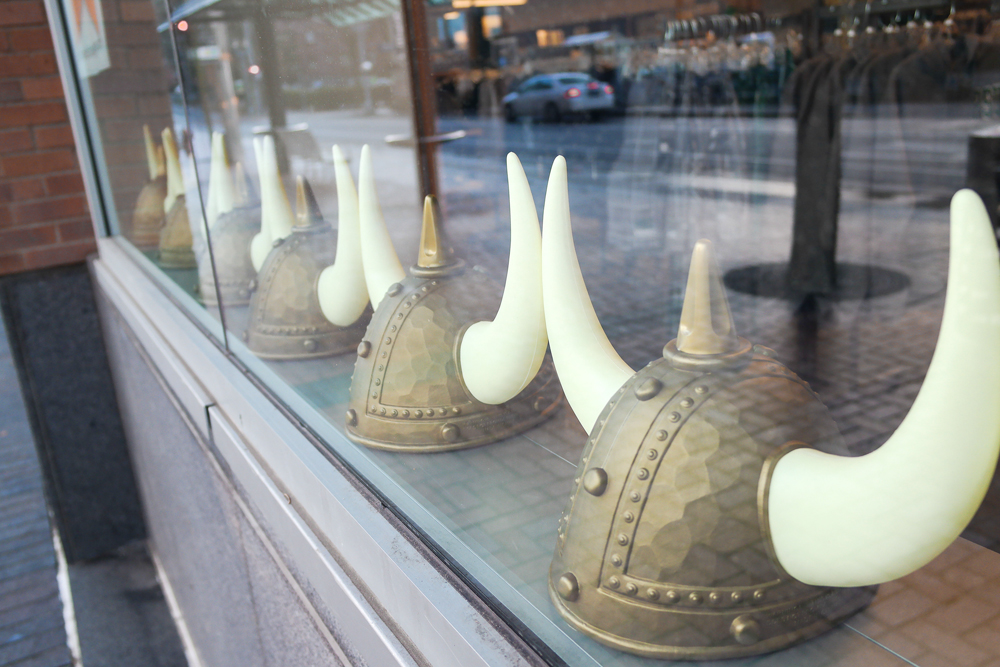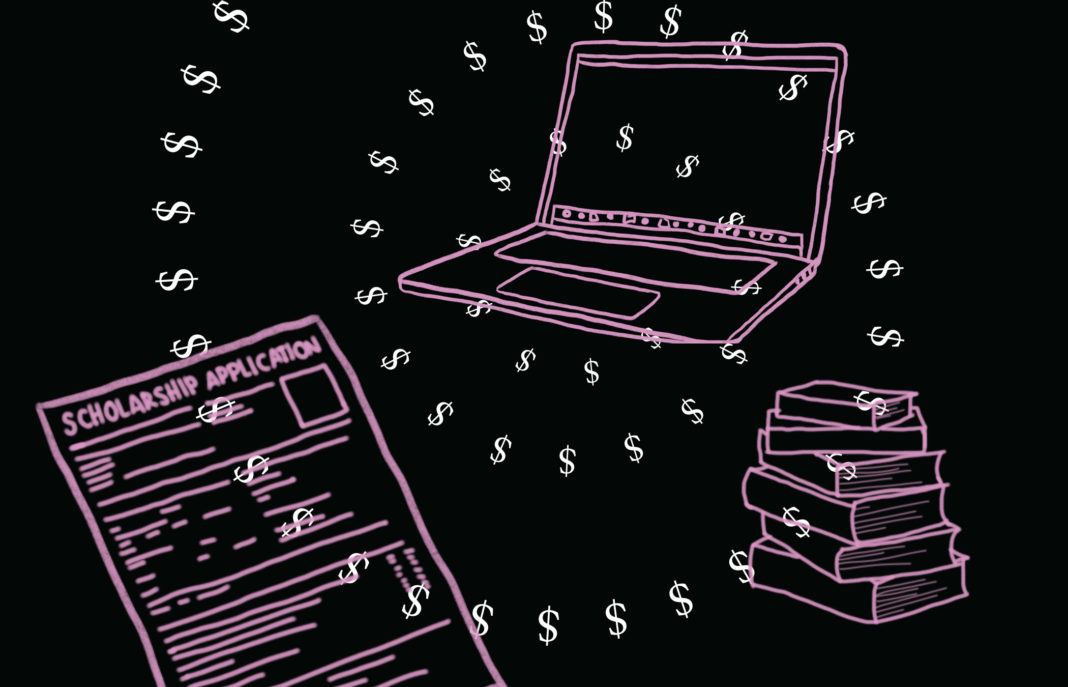Rose Richard
Oprah decided to quit doing her book club because she said there were no more good books. This only proves my theory that Oprah is anti-intellectual. Clearly, anyone who frequents a bookstore (independent or otherwise) or even a library (of all places) can find something to read.
I can just picture the hordes of suburban housewives who make up Oprah’s largest viewing demographic. I’ll bet they are sighing with relief that they are freed from the onerous chore of heading to Borders and trying to figure out where the Oprah’s Book Club display is this week.
Since I know my largest demographic is also suburban housewives, I’m going to make my own book club, and hope to make some of you all more well read. Like housewives and college students don’t already have enough to do without doing extra reading.
First of all, I’m going to tell you that I’m going to give you the title and author of the book and that’s all. I don’t know how much they really cost, because half the time, I buy my books used. You should too.
“The Gonzo Letters, Volumes I and II”, Hunter S. Thompson. Has anyone ever asked you that stupid question, “If you could eat lunch with any person, who would it be?” Instead of answering Jesus or Ghandi, my answer is always Hunter S. Thompson. He is the standard of journalism to which I aspire and will never attain. No one can. He is one of a kind. But enough ass kissing.
“The Gonzo Letters” is a two-volume collection of Thompson’s copious correspondence, spanning 1955-1967 (Volume One) and 1968-1976. They track his career from childhood all the way to “Fear and Loathing in Las Vegas.”
Thompson is a prolific correspondent. Both books are incredibly long (655 and 730 pages respectively), but since the books are collections of letters, it is easy to put them down. I’m in the middle of “Volume Two, Fear and Loathing in America.” It’s taking me forever. I’m not to Watergate yet, but I can’t wait to see Thompson spill his vitriol to anyone who will listen. He remains Nixon’s most coherent critic.
Whether Thompson is writing to his son or to Pat Buchanan, he is always entertaining, informative and thought-provoking.
“Underground: The Tokyo Gas Attack and the Japanese Psyche”, Haruki Murakami On March 20, 1995, members of the Aum Shinrikyo cult released sarin gas on several Tokyo subway lines. Miraculously, only a few people were killed, but the event left a deep imprint on the Japanese.
In “Underground,” Murakami, an award winning fiction author, interviews a very diverse group of people who experienced the events directly. One of the first interviews in the book is with a subway worker whose coworkers died after trying to remove sarin-soaked newspapers from a train car.
Murakami doesn’t just interview victims and their families. He interviews emergency workers, former cult members and even those who remained or joined the cult after all the leaders involved were arrested.
Murakami weaves a haunting story of how a nation had its confidence shaken. The very personal stories, which are often gut wrenching, make the terror of the sarin gas attacks very palpable, especially in a post Sept. 11 world.
“The Broke Diaries”, Angela Nissel Angela Nissel is just like you and me. She is poor. She is so poor, she’ll date a weird guy with pet chickens, just so she can get a free meal. Nissel tells our story, and you won’t want to stop reading or laughing.
Nissel originally started “Broke Diaries” online. “Dear Broke Diary: Knowledge should be free.” After that, you become addicted. The site proved so popular (it still exists at www.thebrokediaries.com), someone had Nissel turn it into a book.
According to the last page of the book, Nissel is no longer poor. Lucky her. And lucky for us that she passes on her tips and tricks to live the life of a poor college student. I’m just regretting I learned about the textbook scam my last term of college.
I’ve given you a list of four really good nonfiction books. Now I challenge you to go and read at least one of them.



